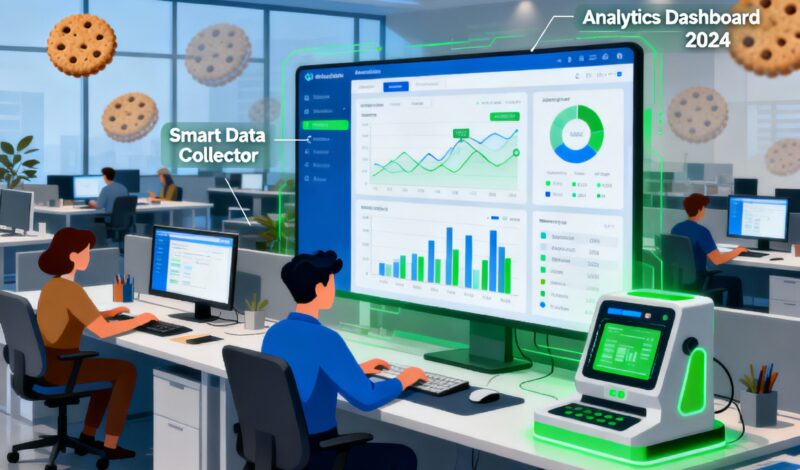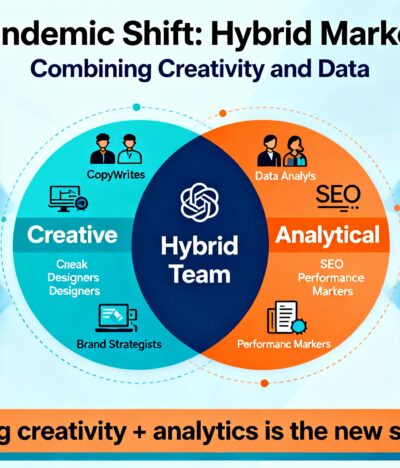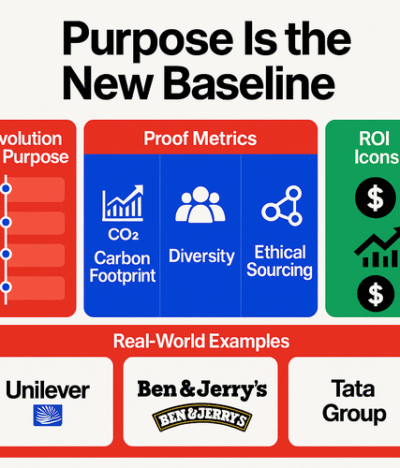For years, third-party cookies powered digital advertising. They allowed marketers to track user behavior across
websites and target ads with precision. But by 2025, this once-dominant tool is rapidly vanishing due to stricter privacy regulations and growing consumer awareness.
The decline of third-party cookies isn’t the end of digital marketing—it’s the beginning of a smarter, more ethical era of data collection. At Mana Communications, we help brands transition from outdated tracking methods to customer-first strategies that still deliver results.
Why Third-Party Cookies Are Fading Out
Several forces are driving this shift:
- Privacy Regulations
Laws like GDPR in Europe and CCPA in California have limited how companies can track users without consent. - Browser Restrictions
Safari and Firefox blocked third-party cookies years ago, and Google Chrome—still the largest browser—is following suit. - Consumer Awareness
Users are increasingly concerned about how their data is used. Trust is now a competitive advantage.
The Risk for Brands That Don’t Adapt
Brands relying heavily on cookie-driven targeting risk:
- Losing precision in ad campaigns
- Wasting ad spend on irrelevant audiences
- Damaging trust if customers feel “spied on”
This makes first-party data and alternative solutions critical.
How Agencies Are Collecting Smarter Data
1. First-Party Data Collection
First-party data comes directly from your customers—through website forms, email subscriptions, surveys, and loyalty programs. This data is accurate, consent-driven, and far more valuable than cookies.
Example: Instead of tracking anonymous users across sites, a brand can build personalized campaigns based on information customers willingly share.
2. Zero-Party Data
This is data customers intentionally provide, such as preferences shared in quizzes or feedback forms. Zero-party data strengthens relationships because it shows the brand cares about customer input.
3. Contextual Advertising
Cookies allowed hyper-targeted ads, but contextual targeting is making a comeback. Instead of tracking individuals, ads are placed in relevant content environments. For instance, a fitness brand can advertise on health blogs, ensuring contextual alignment.
4. AI & Predictive Analytics
Machine learning models can now predict consumer behavior without invasive tracking. By analyzing trends and engagement patterns, brands can deliver personalization while respecting privacy.
5. Strengthening CRM Systems
Customer Relationship Management (CRM) platforms have become the backbone of modern marketing. By consolidating first-party data, agencies can track the full customer journey, from awareness to purchase.
Why Smarter Data Is Actually Better
The decline of third-party cookies may seem like a setback, but it brings several benefits:
- Stronger Customer Trust – Customers appreciate transparency and consent-driven data collection.
- Higher-Quality Insights – First-party data is more accurate than third-party estimates.
- Future-Proof Marketing – Brands that adapt now won’t be disrupted by changing regulations later.
Case Studies: Smarter Data in Action
- Spotify: Uses first-party listening data to deliver personalized playlists and ads.
- Sephora: Collects customer preferences through loyalty programs to deliver targeted recommendations.
These brands prove that cookie-less marketing can be even more effective.
The Agency Advantage
Most businesses lack the tools or expertise to pivot from cookies to smarter strategies. That’s where agencies like Mana Communications step in. We help clients:
- Build ethical first-party data collection systems
- Develop contextual ad strategies
- Leverage AI-driven insights
- Maintain compliance with privacy laws
Conclusion
The decline of third-party cookies doesn’t mark the end of targeted marketing—it marks the rise of smarter, more ethical strategies. Brands that embrace first-party and zero-party data, contextual ads, and predictive analytics will thrive in this new era.
At Mana Communications, we’re committed to helping clients future-proof their marketing by putting trust, transparency, and smarter data at the center.



